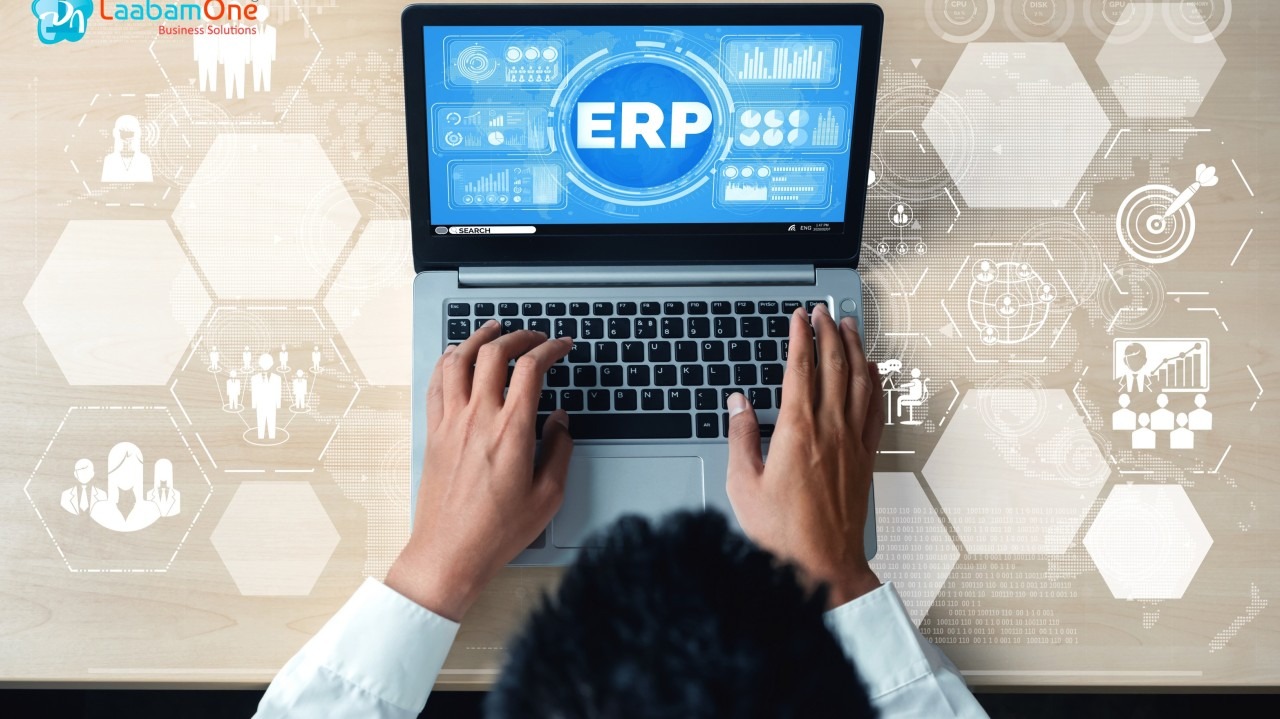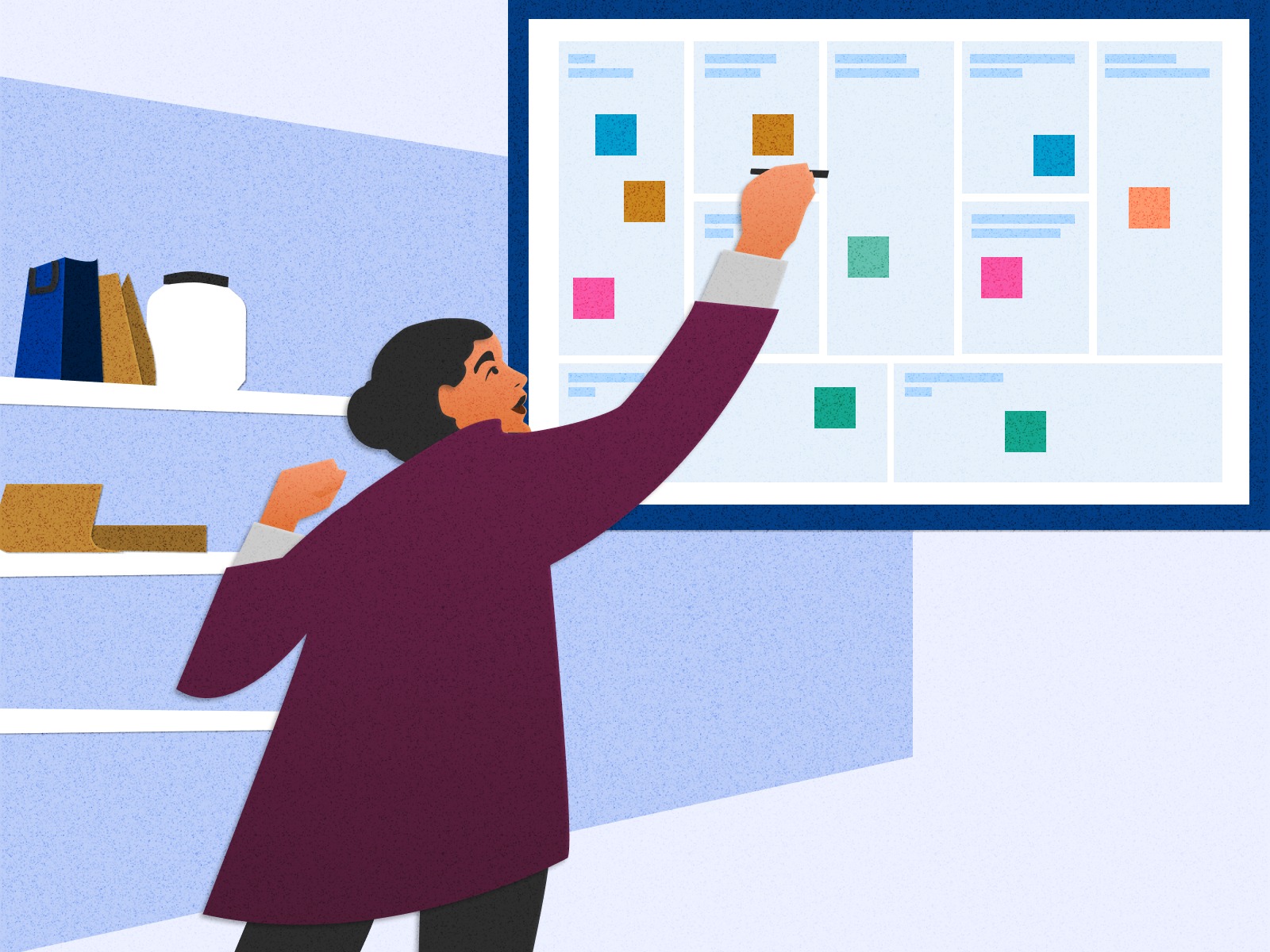In an era where data drives decisions and efficiency determines success, Enterprise Resource Planning (ERP) systems have become indispensable for organizations worldwide. These integrated software solutions serve as the central nervous system for businesses, connecting disparate departments and functions into a unified operational framework.

What Exactly is an ERP System?
An ERP system is a suite of integrated applications that collect, store, manage, and interpret data from various business activities. Imagine all your critical operations – from inventory and order management to accounting, human resources, and customer relations – communicating seamlessly through a single system. That's the power of ERP.
Key modules typically include:
-
Financial management
-
Supply chain operations
-
Manufacturing/production
-
Customer relationship management (CRM)
-
Human capital management
-
Business intelligence and analytics
Why Businesses Need ERP Systems
-
Break Down Information Silos: ERP eliminates departmental data isolation, giving everyone access to the same real-time information.
-
Automate Routine Processes: From purchase orders to payroll, automation reduces errors and saves countless work hours.
-
Enhance Decision Making: With comprehensive analytics and reporting tools, leaders gain actionable business insights.
-
Improve Regulatory Compliance: Built-in compliance features help meet industry standards and government regulations.
-
Scale with Your Business: Cloud-based ERP solutions grow with your organization, adding capabilities as needed.
Types of ERP Systems
-
On-Premise: Traditional software installed on company servers
-
Cloud-Based: Hosted on vendor's servers with subscription access
-
Hybrid: Combination of cloud and on-premise solutions
-
Industry-Specific: Tailored versions for manufacturing, healthcare, retail etc.
Implementation Considerations
Successful ERP adoption requires careful planning:
-
Needs Assessment: Identify pain points and desired outcomes
-
Vendor Selection: Compare features, scalability, and support options
-
Change Management: Prepare your team for new workflows and processes
-
Data Migration: Clean and transfer existing data accurately
-
Training Plan: Ensure all users understand the system capabilities
The Future of ERP
Modern ERP systems are embracing cutting-edge technologies like:
-
Artificial Intelligence for predictive analytics
-
Internet of Things (IoT) for real-time monitoring
-
Blockchain for enhanced security
-
Mobile accessibility for remote workforce
Conclusion
ERP systems represent more than just business software – they're strategic assets that can transform organizational efficiency and competitiveness. While implementation requires investment and adjustment, the long-term benefits of streamlined operations, data-driven insights, and cross-departmental visibility make ERP adoption a smart move for growing businesses. As digital transformation accelerates across industries, understanding and leveraging ERP technology will increasingly separate market leaders from the competition.



